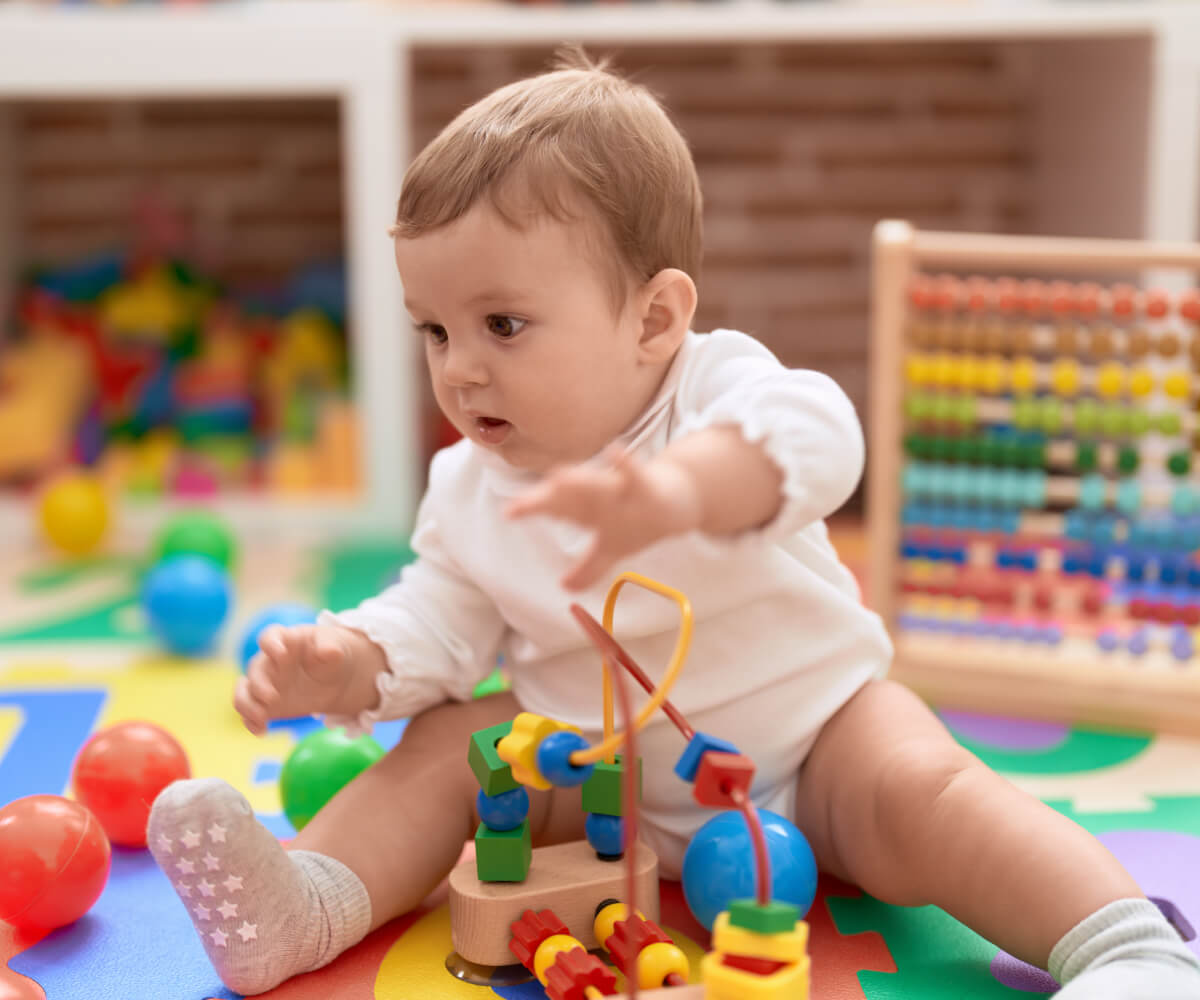Spend quality time with the child
First things first. To form healthy relationships with the outside world, the child needs to develop a healthy relationship with themselves. This involves creating a sense of self and healthy self-esteem. One of the ways to do this is to spend quality time with the child. A bane of modern life is that when we undertake a particular activity, we try to do multiple things simultaneously. It is crucial, however, to give the child your undivided attention. When you need to attend to daily chores, you can also involve the child in areas they can help with.
You must also take an interest in the child’s activities. In fact, spending time drawing or playing blocks with the child can be helpful in several ways. Not only will it help you form a bond with the child, but it will also offer you several coachable moments. For instance, the child will learn to take turns and more, which will become the foundation stone for building other relationships.
Allow them to express feelings
Expressing your feelings and acknowledging those of others is essential to developing an Emotional Quotient and relationship building. It is important, therefore, that you teach children to recognize their feelings early on. Children need to be equipped with age-appropriate emotional vocabulary so that they can put a name on their emotions. It is equally essential that the message you send out to the child is that all feelings are acceptable. For instance, we seem to place a taboo around boys crying and expressing their emotions. In fact, this harms them in more ways than one since they tend to keep their feelings bottled up for fear of being ridiculed. In turn, these bottled emotions can lead to toxic behavior.
Another message you need to send to the child is that while all emotions are acceptable, all methods of expression aren’t. So, if the child is angry about another child not playing with him and if he hits the child in anger, it is essential that you recognize that the child is angry but also tell him that hitting isn’t an acceptable action. Instead, you must equip the child with what he can do when angry. Think of counting to ten, drawing, running, and more. Accepting the child’s feelings without ridiculing them can also make sure that the child shares those feelings with you.
Sure enough, a child who is in touch with their emotions and knows healthy ways to express them will be in a far better place to form healthy relationships.








